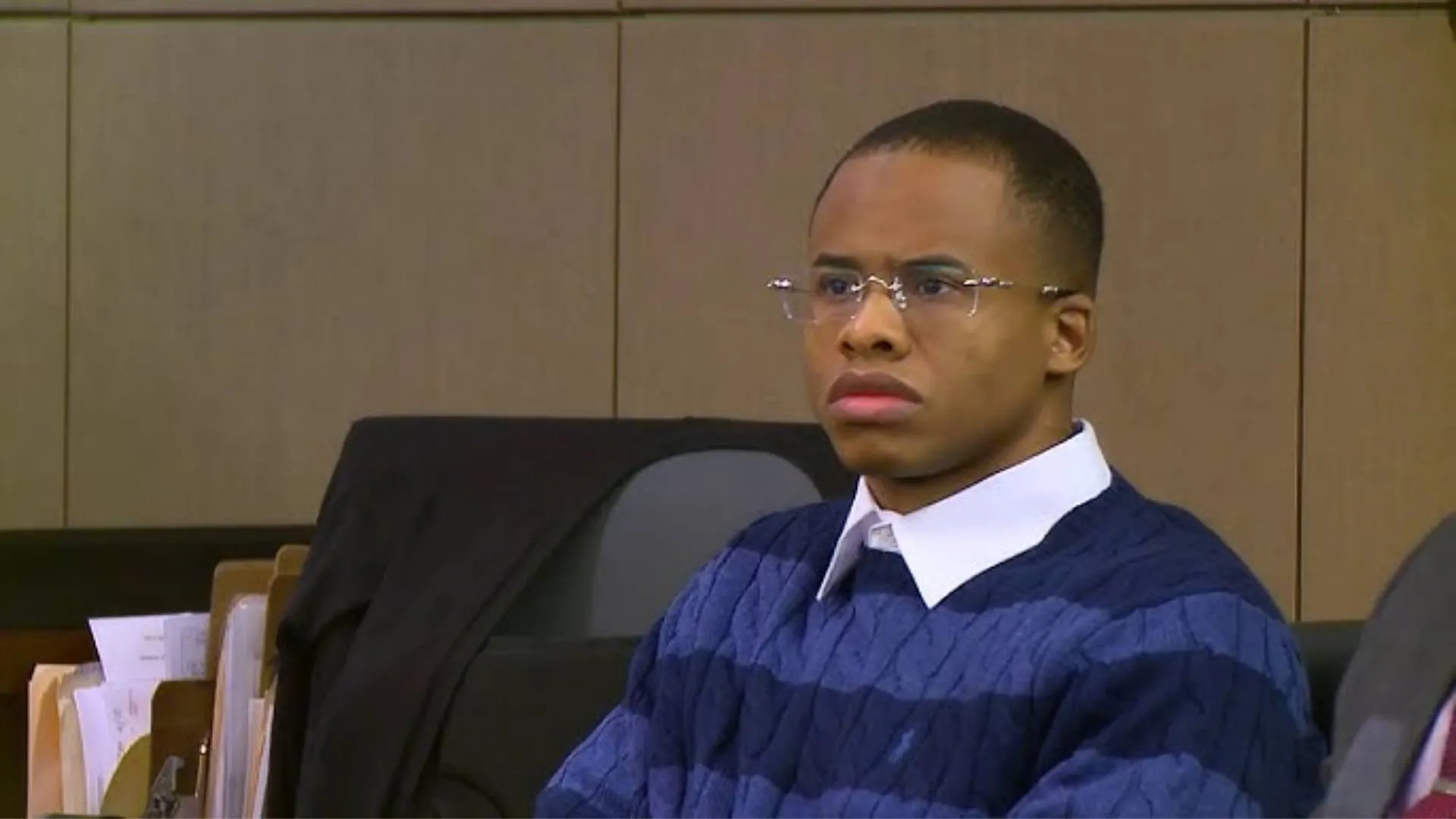In a significant escalation, Iran fired 181 ballistic missiles at Israel on Tuesday night, triggering air raid sirens across the country and forcing nearly 10 million Israelis into bomb shelters. The Israel Defense Forces (IDF) reported that many missiles were intercepted by defense systems like the Iron Dome and Arrow, but some managed to breach these defenses, resulting in minor damage and injuries.
Israeli Leadership’s Response
Israeli Prime Minister Benjamin Netanyahu condemned the attack, stating that Iran had made a “big mistake” and warned that they “will pay for it.” This incident marks Iran’s second missile attack on Israel this year, following a similar event in April that was swiftly countered by Israeli forces. Iranian officials claimed the missile strikes were retaliation for the deaths of key Hezbollah and Hamas leaders in Israeli operations.
Diplomatic Reactions
Guy Nir, spokesperson for the Israeli embassy in India, emphasized that Israel would respond appropriately. “If Ayatollah Ali Khamenei plans to start a full-scale war with Israel, it will be a mistake,” he stated, asserting that Israel’s response would be focused and strategic. In contrast, Iran’s Ambassador to India, Iraj Elahi, warned that further strikes against Israel would occur if tensions continued, suggesting that stopping hostilities could prevent further conflict.
MUST READ: Highlights From EAM Jaishankar’s Recent Diplomatic Engagements
US Reaction to the Attack
Following the missile launches, US National Security Advisor Jake Sullivan described the strike as a “significant escalation” and warned of serious consequences for Iran. During a press briefing, Sullivan reaffirmed US support for Israel, indicating that the US would assist in any retaliatory actions. President Joe Biden echoed this commitment, stating that discussions about a coordinated military response were active.
Details of the Missile Attack
The Islamic Revolutionary Guard Corps (IRGC) took responsibility for the missile assault, targeting three military bases near Tel Aviv. Iranian Foreign Minister Seyed Abbas Araghchi indicated that the attack was a response to Israeli actions and would end unless Israel escalated further. The IRGC warned that any retaliation from Israel would lead to severe consequences.
While most missiles were intercepted, there were reports of injuries and damage. In Tel Aviv, two civilians were hurt by shrapnel, and a Palestinian civilian in Jericho died from debris. The Israeli military stated that the immediate threat had passed, allowing people to leave bomb shelters after about an hour.
Regional and Global Concerns
This missile strike raises fears of a broader regional conflict. Israeli forces have conducted ground operations in southern Lebanon, targeting Hezbollah positions. Recent airstrikes have reportedly resulted in significant casualties, with Lebanon’s health ministry reporting over 1,800 deaths and mass displacements since early October.
International Calls for Restraint
UN Secretary-General Antonio Guterres condemned the missile attacks, calling for an immediate ceasefire and warning against further escalation in the Middle East.
As tensions continue to rise, airspaces in Jordan, Iraq, and Israel have been closed, with flights suspended at several regional airports. Countries like Iraq and Jordan are preparing for potential repercussions, especially with Iran-backed militias threatening to target US bases if Washington becomes involved in the conflict.
ALSO READ: Israel Vows To Launch Powerful Strikes In The Middle East Tonight























